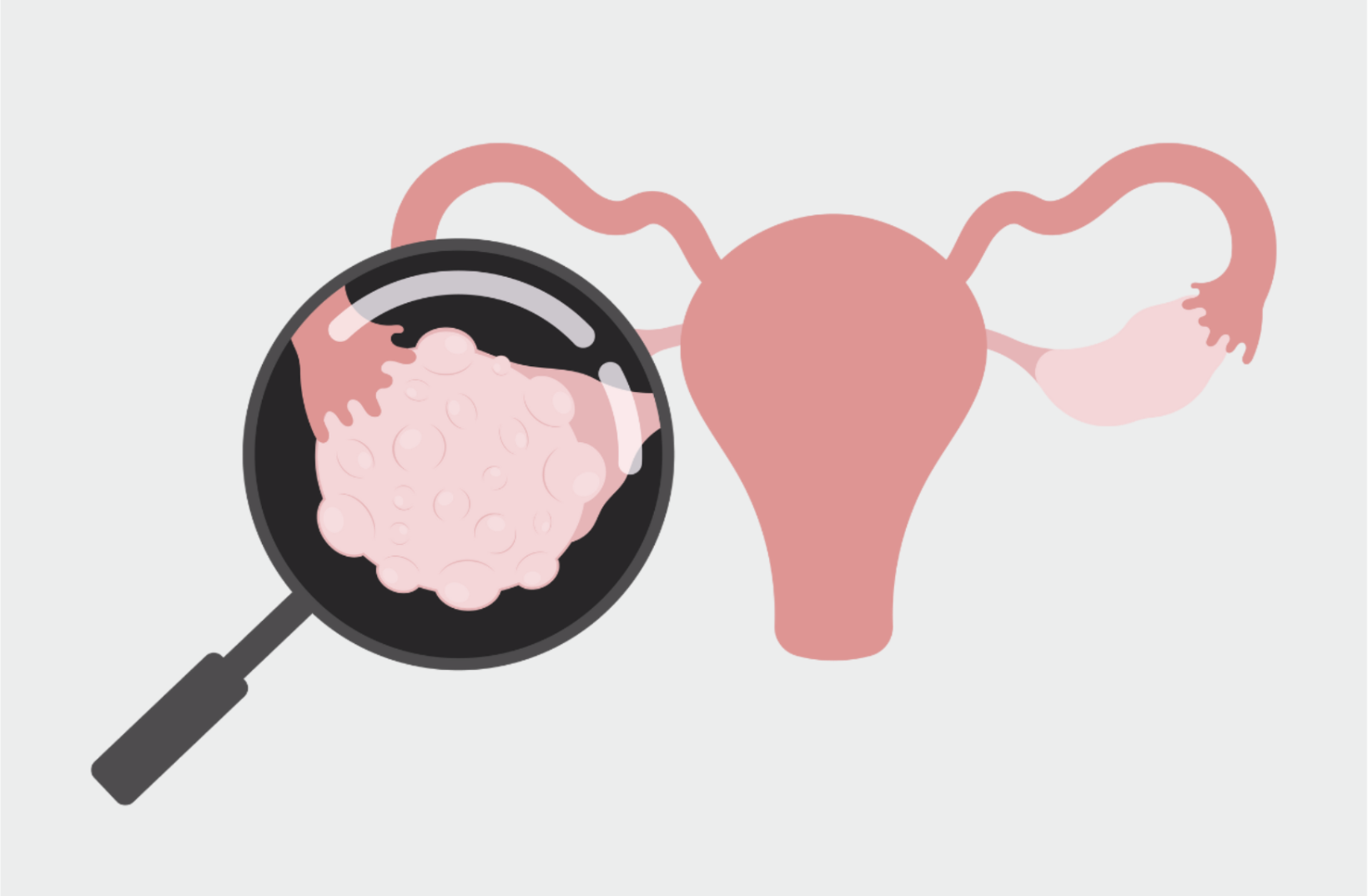.png)
.png)
If you're considering egg freezing, you may have come across the term "vitrification." This rapid freezing technique is a game-changer in the world of egg freezing, offering significantly improved success rates compared to older freezing methods. Let's dive into what vitrification is and why it's so important for preserving your fertility.
Vitrification vs. slow freezing
Eggs (oocytes) are unique cells. They contain a high amount of water, which makes them particularly vulnerable to damage during freezing. But why do we need to freeze them to begin with? The freezing portion of egg freezing is important because freezing cells to sub-zero temperatures stops all biologic activity and preserves them for future use.
Up until recently, fertility clinics used a process called “slow-freezing”. Traditional slow-freezing methods often led to the formation of ice crystals within the egg. These crystals could pierce the cell membrane and cause irreversible damage, lowering the egg's viability after thawing.
Through vitrification, a special solution containing cryoprotectants protects the cells from the damaging effects of freezing. This solution, combined with ultra-rapid cooling, transforms the water molecules in the cells into a glass-like state instantly, preventing the formation of harmful ice crystals.
This has improved the overall survival rate of eggs (when they are later thawed) from 75% to over 95%.
How does vitrification work?
Vitrification is a multi-step process that carefully protects the egg during the freezing process. Here's a simplified breakdown:
- The eggs are placed in solutions with increasing concentrations of cryoprotectants. These substances essentially replace the water within the egg, minimizing the risk of ice crystal formation.
- The eggs are then plunged into liquid nitrogen, which cools them at an incredibly fast rate (thousands of degrees per minute). This speed is crucial to prevent ice crystals from having time to form.
- The vitrified eggs, now in a glass-like state, are safely stored in cryogenic tanks until they are ready to be used.
The length of time that frozen human eggs can be stored depends on several factors, including the quality of the eggs, the storage method used, and the regulations of the country or state where the eggs are being stored.
Scientifically, if you work with a good clinic in the United States using vitrification, you can keep them stored indefinitely. However, some countries, such as the United Kingdom have a cap on the number of years you can store eggs (for the UK, you can store your eggs for up to 55 years). Currently there is no limit in the United States.
Typically, I see patients that store their eggs for two to five years. With vitrification, the chances of damage during storage are usually quite low.
What happens when the vitrified eggs are thawed?
When you're ready to use your frozen eggs and turn them into embryos, you’ll first have them shipped from the storage facility to the clinic you are working with. Then, a careful warming process using a specialized procedure reintroduces water and reverses the vitrification process.
An embryologist will then examine the thawed eggs to determine how many survived the freezing and thawing process. As I shared above, survival rates for vitrified eggs are generally quite high.
Next, the surviving eggs are fertilized with sperm (either from a partner or donor) in a process called intracytoplasmic sperm injection (ICSI). The fertilized eggs, now embryos, are allowed to develop in the lab for several days. Finally, one or more of the healthiest embryos are transferred to your uterus (or the uterus of a gestational carrier) with the hope of implantation and a successful pregnancy. Not every frozen egg will result in a successful pregnancy. Several factors, including egg quality, the fertilization process, and embryo development contribute to the overall success rates.
Summing it up
Vitrification has revolutionized egg freezing, making it a more reliable and successful option for women who want to freeze their eggs for potential future use. By understanding this process, you can feel confident that your eggs are being protected in the best possible way, maximizing your chances of building the family you desire.
If you have further questions about vitrification or egg freezing in general, don't hesitate to consult with a fertility specialist. They can provide personalized guidance and help you make informed decisions about your reproductive future.
Read more:










